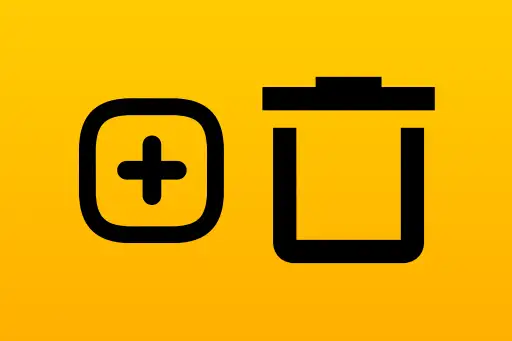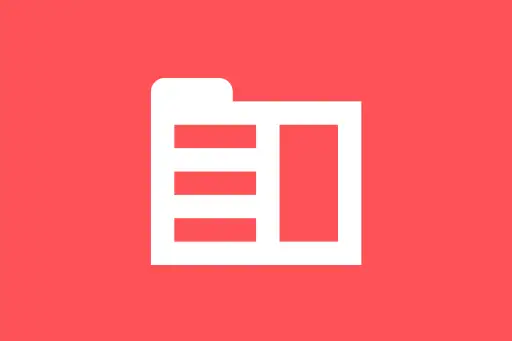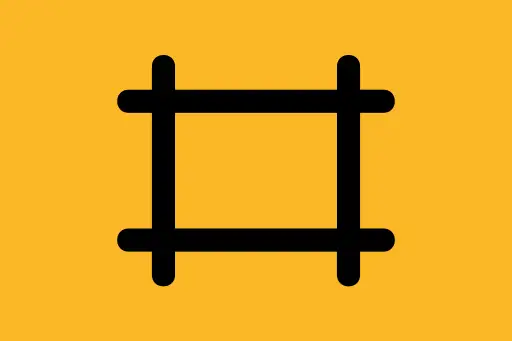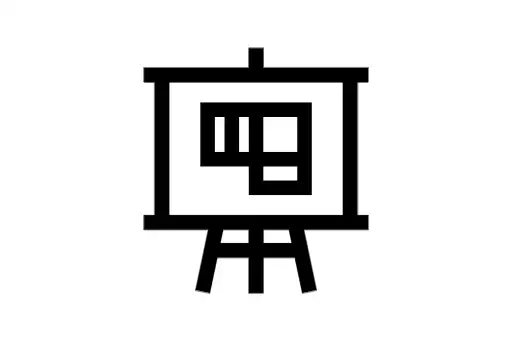Defining Custom Validation Rules in MongoDB
Defining Custom Validation Rules in MongoDB
In MongoDB, even though schemas are flexible, you can still define validation rules to ensure data quality and consistency using JSON Schema validation.
This is useful when you want to allow flexibility, but still enforce structure—like requiring a field to be a string, or restricting values to a specific set.
Why Use Validation Rules?
MongoDB’s dynamic schema is powerful, but with great power comes the possibility of bad data. Validation allows you to:
- Prevent wrong data types (e.g., storing a string instead of a number)
- Make sure important fields like
nameoremailare always present - Restrict values (e.g., age must be ≥ 0)
How Does MongoDB Schema Validation Work?
MongoDB lets you define validation rules using JSON Schema when creating or updating a collection.
Example 1: Basic Required Fields and Type Check
Let’s create a students collection where:
nameis a required stringageis a required number
db.createCollection("students", {
validator: {
$jsonSchema: {
bsonType: "object",
required: ["name", "age"],
properties: {
name: {
bsonType: "string",
description: "must be a string and is required"
},
age: {
bsonType: "int",
minimum: 0,
description: "must be an integer ≥ 0 and is required"
}
}
}
}
}); { ok: 1 }
Explanation: The schema requires both name and age. The age must be an integer and not negative. Any document violating this will be rejected.
Test Insert
db.students.insertOne({ name: "Asha", age: 20 }); {
acknowledged: true,
insertedId: ObjectId("...")
}
Try Invalid Insert
db.students.insertOne({ name: "Ravi", age: "twenty" });WriteError: Document failed validation
Question:
Why does MongoDB reject the second document?
Answer: Because the age is a string ("twenty") and not an integer as required by the validation rule.
Example 2: Using Enums to Restrict Values
Let’s now allow only specific values for a status field (e.g., “active”, “inactive”, “pending”).
db.createCollection("accounts", {
validator: {
$jsonSchema: {
bsonType: "object",
required: ["username", "status"],
properties: {
username: {
bsonType: "string",
description: "must be a string and is required"
},
status: {
enum: ["active", "inactive", "pending"],
description: "can only be one of the enum values"
}
}
}
}
});Try a Valid Insert:
db.accounts.insertOne({ username: "john_doe", status: "active" }); {
acknowledged: true,
insertedId: ObjectId("...")
}
Try an Invalid Insert:
db.accounts.insertOne({ username: "jane_doe", status: "banned" });WriteError: Document failed validation
Example 3: Allowing Optional Fields
Let’s say you want to allow an optional email field, but if it exists, it must be a string:
db.createCollection("employees", {
validator: {
$jsonSchema: {
bsonType: "object",
required: ["name"],
properties: {
name: {
bsonType: "string"
},
email: {
bsonType: "string"
}
}
}
}
});Explanation: Here, email is not required but still validated if provided. This is useful for optional fields.
How to Check Collection Validator
db.getCollectionInfos({ name: "students" })How to Update Validation Rules on an Existing Collection
db.runCommand({
collMod: "students",
validator: {
$jsonSchema: {
bsonType: "object",
required: ["name", "age"],
properties: {
name: { bsonType: "string" },
age: { bsonType: "int", minimum: 0 }
}
}
}
});Summary
Validation rules in MongoDB allow you to enforce a structure within your flexible schema. You can require fields, set type restrictions, limit values, and even define nested document structure. This helps ensure the data inserted into collections is meaningful and consistent.
Now that you know how to define custom validation rules, you’re ready to build MongoDB collections that are both powerful and safe from invalid data.
Next Topic ⮕MongoDB with Python using PyMongo











Comments
Loading comments...